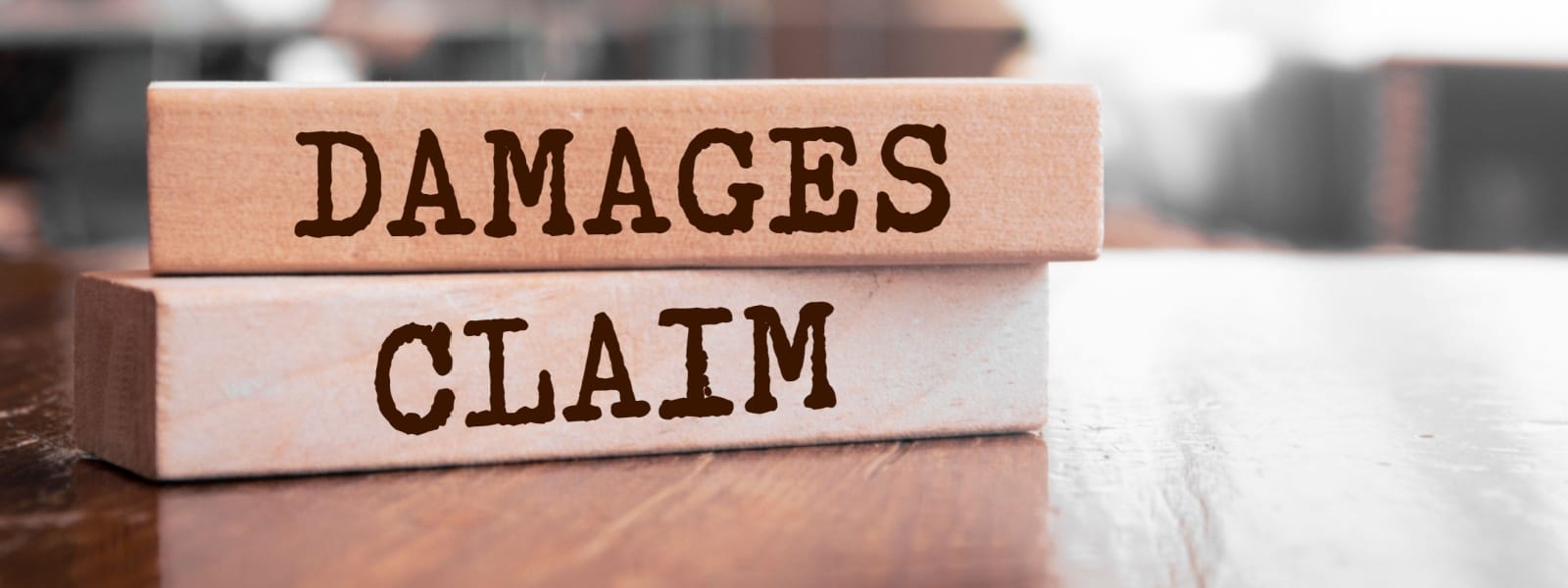Elgin, IL Lawyer for Estate Claim Litigation
When a person passes away, their debts do not disappear. The Illinois probate process includes a formal, court-supervised procedure for identifying and settling the deceased person’s valid debts. Disputes over these debts are common, leading to a specific type of lawsuit known as estate claim litigation. Whether you are an executor responsible for protecting an estate’s assets or a creditor seeking rightful payment, navigating this process requires a deep understanding of probate law and its strict deadlines. At The Law Offices of Anthony R. Scifo, we provide experienced legal representation in all aspects of estate claim litigation in Elgin.
Our firm represents both estates and creditors in these disputes, giving us a comprehensive perspective on the strategies used by both sides. As a core part of our probate litigation practice, we are committed to resolving these financial matters efficiently and effectively. To discuss your rights and obligations, call our Elgin office at (847) 628-8311 for a free and confidential consultation.

The Illinois Probate Claims Process: A Strict Timeline
The process for handling claims against an estate is governed by strict rules and deadlines outlined in the Illinois Probate Act. Missing a deadline can have permanent consequences for either the estate or the creditor.
The process generally unfolds as follows:
- Notice to Creditors: The executor or administrator of the estate is required to provide direct notice to all known creditors and to publish a notice in a local newspaper to inform any unknown creditors.
- The “Claims Bar Date”: This is the absolute deadline by which a creditor must file a formal claim with the court. A creditor who fails to file by this date is typically barred from ever collecting the debt from the estate.
- Allowance or Disallowance: The estate’s representative reviews each timely filed claim. They can “allow” the claim and schedule it for payment, or they can “disallow” the claim if they believe it is invalid, triggering the need for litigation.
Understanding these procedures, as detailed in Article XVIII of the Illinois Probate Act, is crucial for protecting your financial interests.
Our Dual Role in Estate Claim Litigation
We have the experience to effectively represent clients on either side of a claim dispute, providing strategic counsel tailored to their specific goals.
Defending the Estate Against Invalid Claims
As part of our executor and trustee guidance, we advise estate representatives on their fiduciary duty to protect the estate’s assets for the rightful heirs and beneficiaries. This includes carefully scrutinizing every claim and challenging those that are questionable. We regularly defend estates against claims that are:
- Filed after the legal deadline (barred by the statute of limitations).
- Fraudulent or based on false information.
- For an incorrect or inflated amount.
- Legally invalid or unenforceable.
Representing Creditors to Ensure Payment
If you or your business is owed a valid debt by someone who has passed away, you must take formal steps to get paid. We assist creditors, including individuals, medical providers, and businesses, by:
- Preparing and filing formal claims that comply with all statutory requirements.
- Ensuring claims are filed well before the strict claims bar date.
- Filing a lawsuit to litigate the matter in probate court if the estate’s representative disallows a valid claim.
Frequently Asked Questions About Probate Claims
What happens if I miss the deadline to file a claim against an estate?
With very few exceptions, if you fail to file your claim by the court-ordered deadline, your claim is permanently barred. You will lose your right to collect the debt from the estate’s assets. This makes seeking timely legal advice absolutely critical.
As an executor, do I have to pay every claim that is filed?
No. You have a legal duty to the beneficiaries to act prudently. This includes disallowing any claim you have a good-faith basis to believe is not valid. Paying an invalid claim can be a breach of your fiduciary duty.
What is the order of priority for paying claims from an estate?
Illinois law establishes a specific classification system for paying claims. If an estate does not have enough money to pay everyone, claims are paid in a specific order. Funeral and burial expenses, administration costs, and taxes are paid before general unsecured debts like credit card bills or personal loans.
Strategic Representation for Estate Financial Disputes
Whether you are protecting an estate from depletion or fighting to recover a legitimate debt, you need a law firm that understands the unique procedures of probate court. The Law Offices of Anthony R. Scifo provides the strategic and detail-oriented representation required to succeed in claim litigation.
Call our Elgin office today at (847) 628-8311 for a free consultation to discuss your case.



